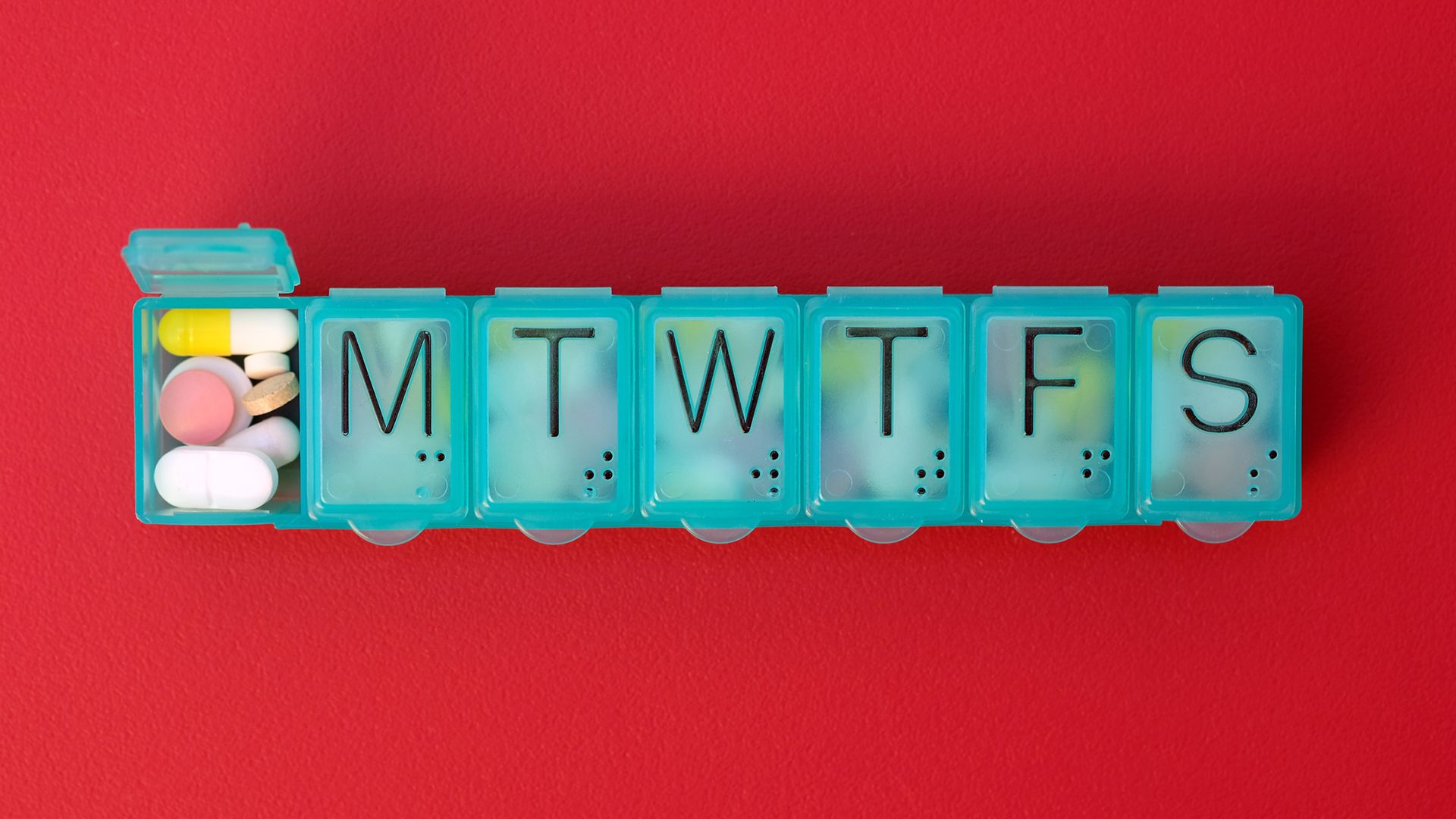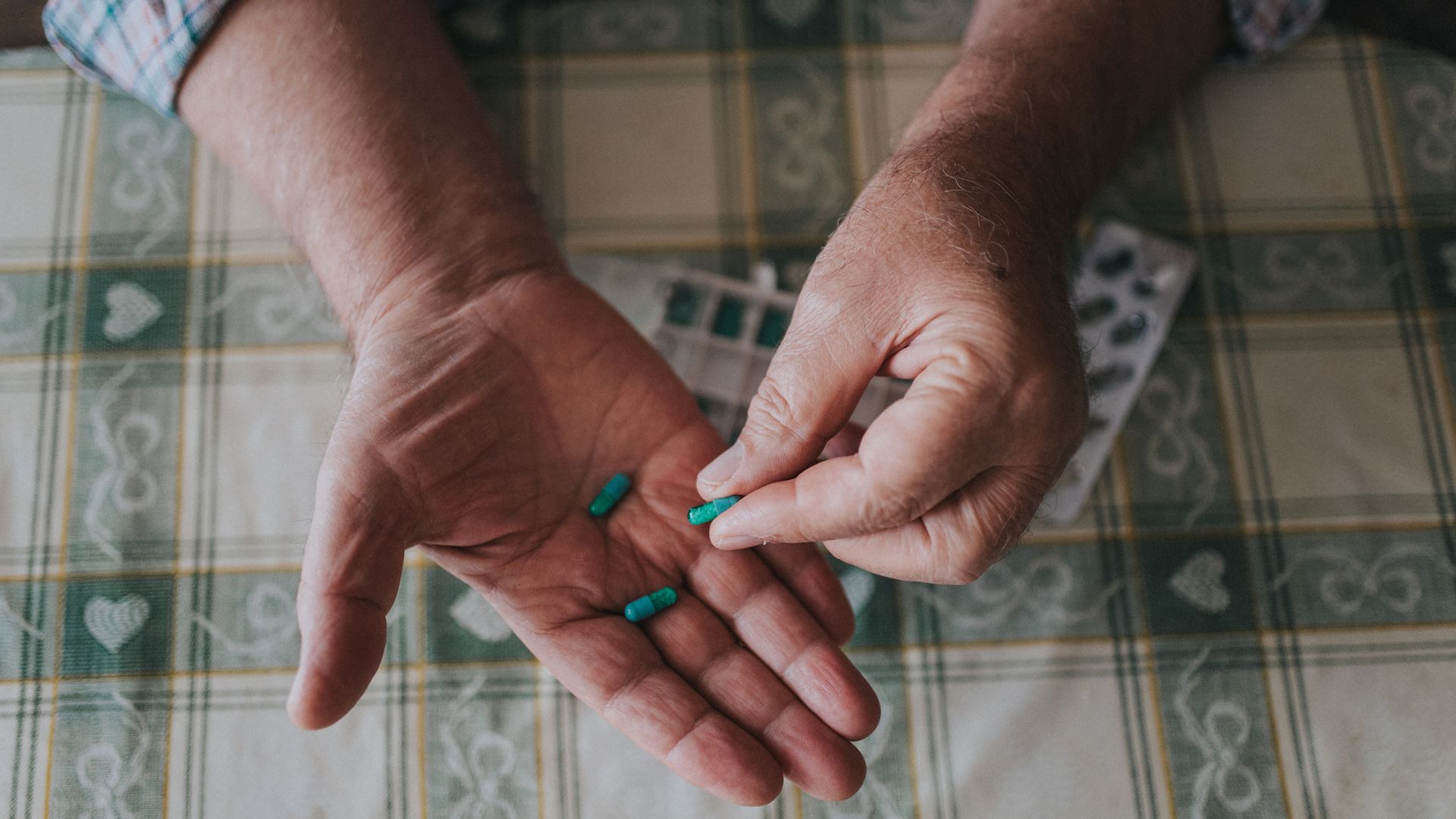Chronic lymphocytic leukemia (CLL) is different from some other cancers in that some people who are diagnosed don’t receive treatment right away. This is because they either don’t need it yet or that early treatment could potentially result in complications.
As a result, many people with the slower-growing form of CLL stay in a “watch and wait” or “active surveillance” phase for several years. This may be the phase you’re in right now. During this time, you’ll see your doctor regularly for blood tests and will also be asked about any new symptoms you might be experiencing. In addition to continuing with these important checkups, adopting (or maintaining) healthy lifestyle habits is key. Below are some tips and suggestions.
Focus on a healthy, well-rounded diet
When putting your meals together (or ordering at a restaurant), try to make vitamin- and nutrient-rich vegetables the centerpiece of your plate. In addition, opt for fish, poultry, and plant-based proteins over red meat. And do your best to avoid processed meats such as cold cuts and hot dogs completely, as these foods can increase your risk for other types of cancer.
When it comes to getting enough fiber, it’s a smart idea to eat plenty of whole grains, lentils, nuts, and seeds. And foods high in omega-3 and monounsaturated fats are a smart choice, too. Good sources include olive and canola oil, olives, walnuts, chia seeds, flaxseed, avocado, and fatty fish like salmon and Atlantic mackerel.
Keep moving
Exercising regularly is one of the most important things you can do for your health. The list of benefits goes on and on. A regular fitness regimen can help you strengthen your muscles and bones, manage your weight, increase your flexibility, and so much more. And it can be key in boosting your mood and reducing stress. That’s because exercise releases feel-good brain chemicals called endorphins that help enhance your sense of well-being. Working out can be a great social activity, too. Consider setting up a recurring walking date with a friend or family member. You’ll get to catch up with a loved one while doing something great for your body. Before beginning any sort of exercise program, be sure to get the okay from your healthcare team.
Get the sleep you need
Just like exercise, sleep has a host of physical and mental health benefits. With adequate sleep (most adults require seven or eight hours per night) can come reduced stress, the ability to think more clearly, and even an increased ability to ward off infections as good sleep helps boost the immune system.
To help ensure you’re getting enough sleep, consider setting a bedtime and sticking to it—both during the week and on the weekends. This will help your body’s internal clock get used to a regular pattern of when you should be sleeping and when you should be awake. Another tip for ensuring good, quality slumber is avoiding screen time before bed. Instead of looking at a television, smartphone, or backlit tablet, consider paging through a magazine or doing some peaceful meditation.
If you smoke, quit
Smoking can negatively impact your health in a number of ways. Smokers are more likely than nonsmokers to develop heart disease, stroke, and a variety of cancers. If you smoke (even occasionally), one of the single best things you can do for your overall health is to kick the habit. Tell your healthcare provider that you want to quit, and ask what resources are available to help you quit. There are also a variety of online resources available to assist you in becoming smoke-free. A close friend or family member can also be a valuable source of support and can help you stay accountable.
Prioritizing your health
The “watch and wait” phase of CLL may feel strange and uncertain at times, and you may be wondering if you’re doing enough. By making smart lifestyle choices and continuing to get regularly monitored by your healthcare team, you can feel confident that you’re making your health a priority.






